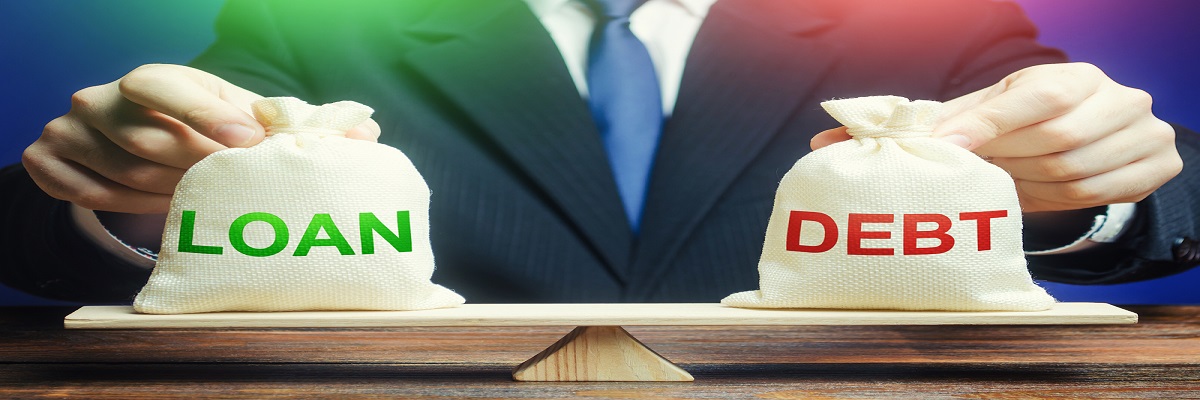Call: 888-297-6203
Most people who have filed for bankruptcy are looking forward to the order that wipes out their qualifying debts such as utility bills, credit card balances, personal loans, and medical debt. This order, known as bankruptcy discharge, specifies that you are no longer responsible for the discharged debts. As a result of this order, the creditor can no longer pursue you for non-repayment of debt, report you to credit reporting agencies, or file a lawsuit against you.
In order to get a bankruptcy discharge, you need to officially file the petition provide the court with accurate documentation of your income, assets, and financial dealings. Apart from this, you need to attend the 341 creditor’s meeting, participate in a credit counseling session, and undertake a financial management course. Chapter 13 also involves making payments under the repayment plan. Once this is complete, the court mails an order of discharge. However, the bankruptcy court does not close in the case until the bankruptcy trustee disperses the available money to creditors. In the case of Chapter 7, the bankruptcy process usually lasts 3 to 4 months. At the same time, the duration is 3 to 5 years in the case of the chapter 13 repayment plan.
What does your bankruptcy discharge order mention?
The bankruptcy discharge order does not list the wiped-out debts. Still, it provides general information regarding non-dischargeable debts such as student loans, tax debts, spousal or child support, fines, penalties, and criminal restitution. Apart from these, any debts you failed to list correctly, liabilities covered by reaffirmation agreement, and loans owed to a retirement plan are other debts that remain listed on the bankruptcy discharge order.
Though bankruptcy discharge gets rid of your liabilities to pay the debt, you cannot get rid of the liens on your property. As a result, the creditor can repossess the property or sell the collateral to recover some amount due to them. This can occur even if the court discharges the debt. Some liens can be removed after bankruptcy closure. After getting a bankruptcy discharge, creditors with non-dischargeable debts can continue collection efforts. However, if the court finds any fraudulent activities, incorrect entries in the paperwork, lying in the testimony, or failure of turning over assets, it can deny you bankruptcy discharge.
Why keeping Your Discharge Order After Bankruptcy is Important?
Keeping your bankruptcy discharge paperwork handy is important. A lender might ask for a copy if you apply for credit or a home mortgage. Suppose any creditor calls to collect a discharged balance. In that case, You might also need the bankruptcy case number, filing date, and discharge date. The creditor can use the information to verify whether the discharged debt is no longer collectible. Any debt that you incurred before you filed for bankruptcy is eligible for discharge. However, those debts that arise after you file for bankruptcy cannot be included in the bankruptcy.
To know more about bankruptcy discharge in Los Angeles, call 888-297-6203.

